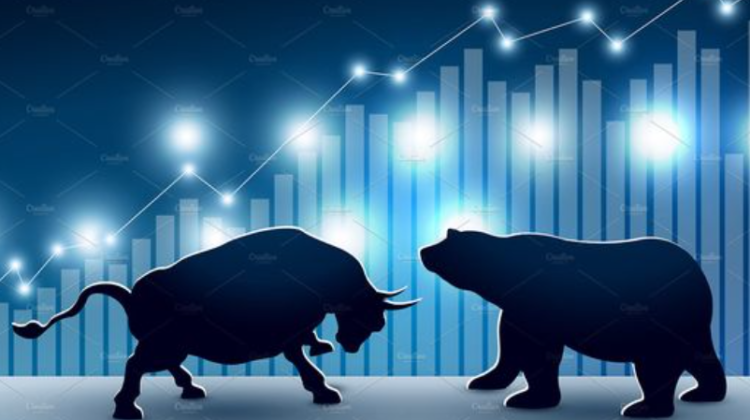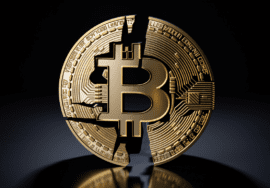

Buying shares


Op/Ed: Arben Selimi
Recently, the US central bank, the Fed, is raising interest rates in an effort to fight the inflation unseen for decades in the US. High interest rates have two effects; the first is that it curbs spending, people get less credit for consumption and for investment.
Tweet on stock market yearly valuation
The whole storyline 2022 via one chart and two sentences !!
Technology stocks & valuations have come down a lot this year -37%
While Energy stocks soared thus far, Over 55%
With Love from @the_journalbiz & @FactSet #chartoftheyear pic.twitter.com/MS58ZydgvU— The_Journalbiz (@the_journalbiz) November 10, 2022
The second effect is the redistribution of capital in the economy. Investors withdraw the capital they have invested in stocks and tend to orient it towards bonds, now that bonds pay higher interest.There is therefore a decline in the prices of almost all stocks.
Although over the last two years almost all stocks were overvalued it will take some time until their price normalizes to reflect the true value of companies.
The stock price had risen sharply, immediately after the anti-covid measures imposed by the governments of almost all countries of the world. In the US e.g. the lockdown had disrupted the economy, minimizing economic activity in most sectors except the financial sector, i.e. stock exchanges. The US government, and other governments throughout Europe, through borrowing from the Fed and their central banks, respectively, distributed large sums of money to their citizens in attempt to financially assist them during the lockdown.
Americans and Europeans enjoyed a better well-being in every aspect, except from freedom of movement, during that time. Being locked in, they had not so many alternatives to spend the money they had received in the form of assistance, so they spent it on home entertainment. Netfilx surged right then, “you have nowhere to go – watch movies”. Still, people had a lot of money on hand and eventually this money found its way to financial markets. Simply by owning a bank account and downloading a stockbroking application (e.g., Robin Hood) everyone was able to get a piece of the market.
In the early days of the pandemic, stocks were quite undervalued because investors were gripped by fears of unknown consequences that covid could have brought. Stocks’ low price attracted many experienced investors. Buying stock then was a “bargain”. To them this was the “black Friday” of stocks, as in many cases throughout the history of the stock market.
The large sums that these investors put into the capital market along with the surplus money in the hands of inexperienced new market investors gave impetus to the rise in stock prices. Now, two years after this event, the US government and the Fed are facing the consequences of their actions, with inflation getting out of control. While the new investors are facing what appears to be a bear market, the value of their investments steadily declining.
In short, investing without in-depth market knowledge and without at least a basic analysis of the company, amounts to gambling. Then it’s a matter of pure luck whether you lose or win.
With much reluctance, however, even the most successful and experienced investors acknowledge that there is no perfect methodology that guarantees that investing in capital markets will always ensure a positive return.
The volume of transactions and the number of shares bought / sold are difficult to predict, even if you take into account all the elements that serve as an indicator as to in which direction their price will go.
Therefore, every time you make an investment decision, it must be accompanied by a “good luck!”








